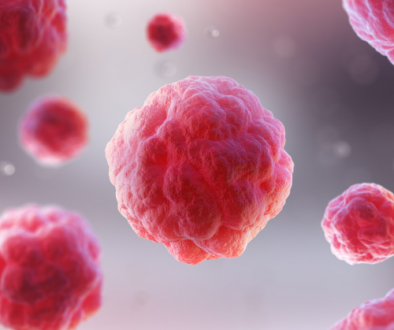When Digestion Is Off
When digestive system is off, health can suffer in all sorts of ways.
In addition to digestive disorders such as irritable bowel syndrome (IBS), bloating, constipation, diarrhea, heartburn, or gas, you may also experience food allergies, weight gain, eczema, exhaustion, asthma, and more.

10 things you can do to heal your digestive system naturally:
1. Chew your food.
Good digestion starts in the mouth. When you chew your food well, it eases the work required from your digestive system, so your body can focus on other tasks instead.
2. Eat real foods.
Focus on whole, fresh foods. Avoid the “fake” stuff, including processed foods and fast-foods, which are typically high in refined salt, sugar, and processed oils. Also, they’re difficult for your body to digest, and they don’t provide any nutritional value.
3. Eat fermented and cultured foods.
Fermented foods are high in “good bacteria” and eating them will help you to regenerate your gut flora naturally. The greater the variety of fermented and cultured foods you can include in your diet, the better. Try eating sauerkraut, kefir, fermented vegetables, kimchi, or Kombucha. If you have a severe gut disorder, start slowly. Allow time for your internal environment to change and for your digestive system to become healthier and stronger.
4. Be good to your liver.
You can heal your digestive system by supporting your liver to work efficiently and effectively. If your digestion can handle it, try to boost your intake of liver-loving foods by consuming carrots, beetroot and leafy greens in soups and freshly squeezed juices. I like to supplement with bitter herbs such as dandelion and/or milk thistle.
5. Get hydrated.
Many people with digestive disorders are extremely dehydrated. If that might be an issue for you, try increasing your water intake today! Try to drink at least one glass of water with a tablespoon of apple cider vinegar or fresh lemon juice.
Herbal teas are another great way to hydrate and heal your body. Peppermint, ginger, fennel and fenugreek are known for their digestive supporting properties. If you’re looking for a coffee substitute, try dandelion tea with milk (or your favorite milk substitute).
6. Manage your stress.
Stress doesn’t just wreak havoc on your mind; it can mess with your digestion! There are many ways to reduce stress and I recommend giving yourself permission to discover what kinds of relaxing activities work best for you. I found that gentle activities such as meditation, breathing, yoga, walking and naps really helped me to reduce my stress levels.
7. Reset with a regular detox.
A gentle detox on a regular basis can be a great way to reset your entire digestive system. Consider including aloe vera juice in your detox, as some research suggests that it may help with digestive issues.
8. Support your body with Glutamine.
Glutamine is one of the most important nutrients that you can give your body as it supports the repair and regeneration of the intestinal lining in your body and also soothes inflammation. You can find glutamine in supplement form and it’s also found in foods such as meat, fish, eggs, dairy products, beets, beans, spinach, parsley and fresh vegetable juices. Check with a health care professional before taking any supplements.
9. Get probiotics.
Probiotics are the “good” bacteria that have been shown to improve gut health. They are easily available as dietary supplements. For best results, work with a qualified health practitioner.
10. Listen to your body.
Let go of dieting dogma and food trends, and instead, build knowledge of your own body so that you can eat and live in a way that serves you. Understanding your body will put you in the driver’s seat of your own health, so you can make choices based on what works best for your body.



